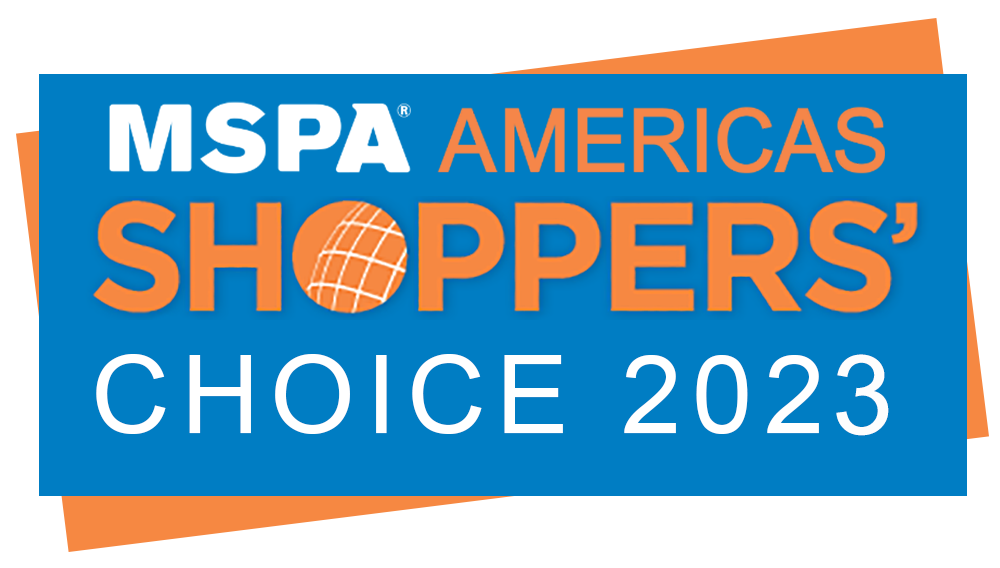
Mystery shopping is the best way to understand your business from your customers' point of view. It allows you to understand how your customers experience your brand and see your business from all angles. The purpose of a mystery shopping program can range from ensuring your associates are following specific processes, clarifying corporate expectations, and recognizing exceptional performance.
What is included in a mystery shopping report?
A mystery shopping report is a useful tool to help your business take action and affect change. Included in a well-built mystery shopping report should be real-time information with verbatim comments from the evaluators. In addition, answers should never be scripted or forced to be selected from a pull-down menu. All answers should be strictly unbiased and only defer to facts from the evaluators' experience.
At IntelliShop, we always urge our clients to use their mystery shop evaluations as a tool to help drive improved satisfaction, loyalty, and financial performance—in turn providing a better customer experience. Here are eight things you should never do with a mystery shopping report.
Never "fly off the handle"
A mystery shop evaluation is a snapshot of what happens when a customer experiences your business. The reports contain many findings, often both positive and negative. If you receive a report with negative findings, never fly off the handle and yell at someone, dress them down in front of their peers, or fire them. Certainly, if something extreme was observed and reported by the shopper, such as an exceptionally negative behavior by an associate/manager that just goes against your core values, or if they were observed stealing from the company, or other extreme things like these, you'll want to handle that immediately. But, in other cases, mystery shopping evaluations that identify negative interactions or feedback should be thought of as one piece of the puzzle about the associate/managers' performance, or that location's performance, rather than the ultimate verdict. The report is showing you opportunities to shine as a leader and to truly improve performance. And sometimes, the associate/manager may have more information about the incident or situation than the shopper was able to observe, which you should consider taking into account.
Never start a program and not use the data
A business always starts a mystery shopping program for a reason. Regardless if the results don't prove to solve the original reason, the data gathered can be used to resolve underlying issues and evaluate overall company-wide policies to help improve where the business is lacking.
Never assume the mystery shopper is out to get you
A mystery shopper is an independent contractor. They go into their assigned shops with a clear indication of what they are to evaluate and to only provide the facts of their visit. A successful mystery shopping evaluation should ask unbiased questions for the shopper to only report on what happened during their experience.
Never forward a negative evaluation to someone's peers
In addition to identifying what's going well in your business, helping you identify Best Practices to use throughout your organization, reports will often describe something negative about a customer's experience. Often, your associates/managers are identified within the report, as part of the interactions of the customer's experience. When that happens, use it as a clear indication of what you can do company-wide to improve your business, or as individual opportunity-coaching. But, just like you would never reprimand them in front of their peers, don't ever just forward such reports to their peers either.
Never forget to reward the positive
If you are a leader within the company you should always forward a message of recognition for exceptional performance to the team on a job well done. It's important to make your associates feel good about the hard work they do for your business. According to TINYpulse's 2018 report, 77 percent of associates don't feel strongly valued for the work they do. Recognizing and rewarding your associate for a job well-done results in happier and more motivated employees, and as we all know, happy associates = happy customers.
Never assume the mystery shopper is perfect
Despite all the coaching and preparation that goes into this type of research, at the end of the day, it is performed by humans, not machines, and humans are not perfect. Knowing this, we built a fail-safe step into our robust Quality Assurance process: in addition to the automated logic-checking in our software, our process includes another human reading every report word-for-word and score-for-score. Lastly, one reason we provide such highly detailed reports is so that our client can either confirm their accuracy, or challenge it. Should you ever have any questions around the accuracy of a report, a quick email or call to your Client Services Manager will bring forth a very quick response and resolution within 24 hours.
Never use a report as a "gotcha" or for a negative reinforcement
Contrary to popular belief, the organizations that are most successful with mystery shopping research, using it to truly move the needle on customer experience, do not ask their service provider to design their programs to catch their people doing something wrong. Their programs are designed to focus on assessing the operational brand standards and various key performance indexes of the client. Are your customers receiving their food in under five minutes? Did the associate actively recommend the product to the customer without prompting? Did the customer receive a follow-up call from the salesperson within two days of leaving the dealership?
Using a mystery shop report as a tool for negative reinforcement, like punishment or job termination, may give you a short-term bump in scoring, but will not result in improving your team's performance, and overall customer experience. Associates will become defensive leading to a loss of motivation and happiness with the job. Mystery shop programs and their following evaluations are always best used as a "carrot" not a "stick".
Never contact the mystery shopper directly
A reputable mystery shopping company should certify each evaluator for your particular program prior to assigning them any evaluations. Once assigned, the shopper should be guided and coached on the program's requirements making them well aware of all that is required to produce a high-quality report. When the report is submitted, it will undergo a rigorous Quality Assurance process before it is sent to the client. Sometimes, due to the nature of a client's program, the shopper's identity must be provided to the client. In such cases, clients should rely on their service provider to contact shoppers with any questions or concerns, and not reach to the evaluators directly.
A relationship committed to your success
Successful programs are no mystery. But there are some important factors that must be present to ensure success, with the most important—knowing how to use the information.
Contact IntelliShop for more information on what to do when you receive mystery shopping reports, and learn how our unique approach leads to actionable insights to improve your customer experience.
Related Articles
How Kindness Can Create a Better Overall Customer Experience
A recent Wall Street Journal article reminds us of the role that kindness plays within customer experience, both on the staff and end consumer sides. This is especially important in the current Covid-19 environment for the restaurant and hospitality industries as several...
Why Emotion Matters in the CX Journey
Establishing an emotional connection with your customers is important to establish loyalty, drive more revenue and increase customer lifetime value for your business. How you capture emotion can vary from post-transaction surveys, to requesting reviews of their experience to...
Top Tags
Solutions
Recent Articles
Contact Us
Schedule a ConsultationTalk Shop
View All ArticlesGreat Team
The entire team has been great to work with!


